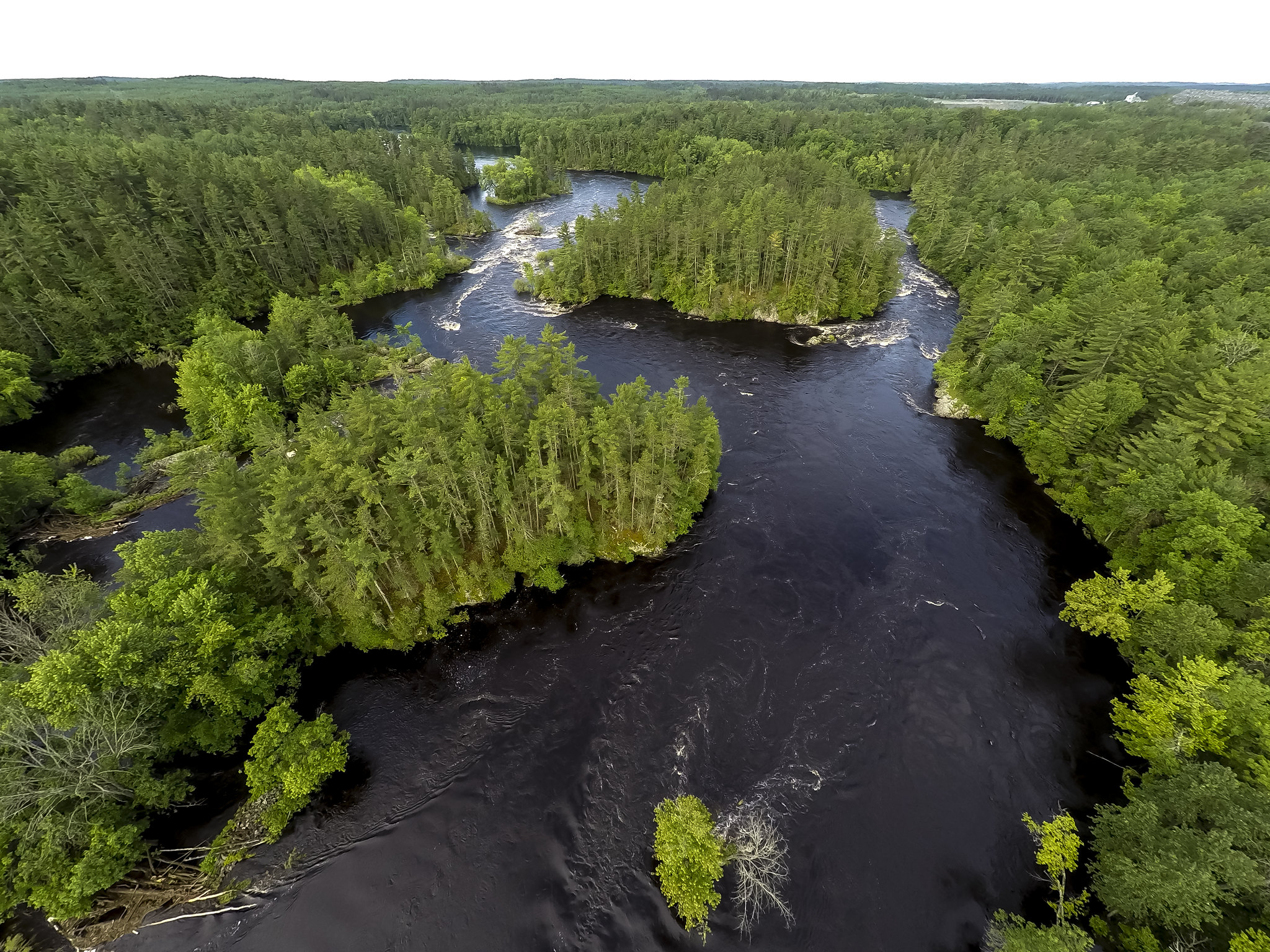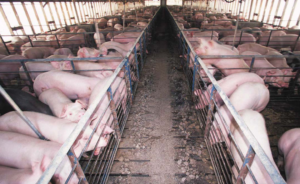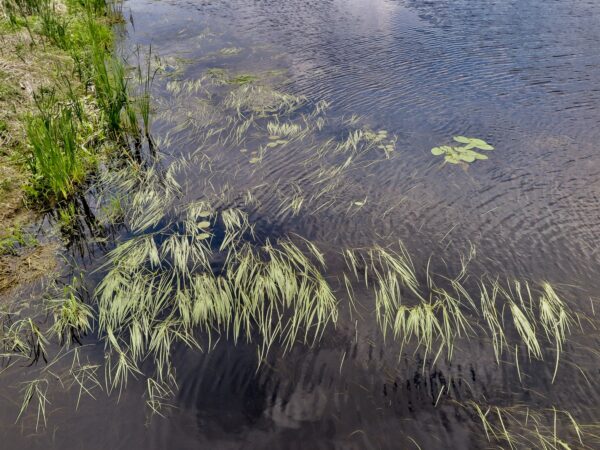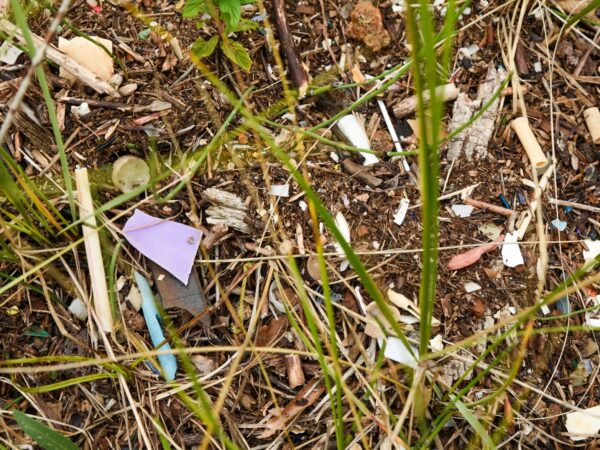
Areas of northeast Wisconsin remain exposed to manure spills that can contaminate drinking water wells, while the state agencies responsible for regulating the polluters continue to move cautiously to address the problem.
The manure spills generally come from agricultural concentrated animal feeding farms known as CAFOs, whose operations can house up to thousands of animals.

Hog confinement barn interior, Photo by epa.gov
In the last five years there have been 450 “manure spills” in Wisconsin ranging from a negligible quantity to 1,900,000 gallons in October 2016 when heavy rain forced runoff into a creek, according to data provided by the Department of Natural Resources.
The agency confirmed that there have been spills to Lake Michigan and its tributaries but did not provide details.
In a late September meeting, Wisconsin’s Natural Resources Board ordered an expansion of a rule-making public comment process on manure spills being conducted by the Department of Natural Resources. The board oversees the work of the DNR.
By law, if the statewide performance standards and prohibitions do not achieve state water quality standards, the DNR may develop targeted performance standards, according to an agency press release.

Todd Ambs Deputy Secretary Wisconsin DNR, Photo courtesy of Wisconsin DNR
“This is not the board delaying the process. This is the board wanting to increase the public input for this very important issue affecting Wisconsinites,” Resource Board Chairman Frederick Prehn said in a statement defending the expanded public comment process.
One reason to extend the process is to facilitate comments from the agricultural community after they complete the harvest, according to Prehn.
Calling it a “critical issue that needs a transparent, robust public input process,” deputy DNR secretary Todd Ambs said in a statement “the research shows that 39 percent of Wisconsinites rely on private wells for their drinking water and thousands of those wells have nitrate levels so high the water is unsafe. We must fix that.”
Following the public hearings, the DNR will seek approval of a scope statement which will allow the agency to start a rulemaking process which can take two and a half years, according to DNR spokesperson Sarah Hoye.
As the DNR was announcing the extended public comment period, a manure spill in Kewaunee County was reported at a farm near Algoma, which borders Lake Michigan. Kewaunee County has one of the highest number of CAFOs in the state and a history of manure spills.
Farmers being targeted
“Farmers and agribusiness owners are committed to working to ensure that clean drinking water and clean surface water are available across Wisconsin,” said Wisconsin Farm Bureau Federation spokesperson Sarah Hetke.
Large farms already face strict regulations, according to Hetke, who said “our farmers live, raise their families, raise their livestock and make a living on the farms that are being targeted for additional regulation.”
Hetke called for the state to enforce existing standards and to conduct scientific studies to learn how the standards are working.

James Rowen, political writer, Photo courtesy of jsonline.com
Veteran Wisconsin political and environmental observer James Rowen is concerned about the state’s drinking water on a level broader than manure spills.
He believes the administration of Gov. Tony Evers is making progress, but progress in small increments won’t be enough.
“The current drinking water situation in Wisconsin will require a state-level Manhattan Project approach,” Rowen said, citing manure, lead and forever chemicals like PFAS that need immediate attention.
Rowen, a former mayoral chief-of-staff, writes The Political Environment blog.
The DNR is moving staff from other environmental programs to increase inspections on CAFOs and “improve response to spills to address health and water quality concerns,” according to Hoye.
The DNR does not have data on health-related problems resulting from manure spills, Hoye said, referring Great Lakes Now to the Department of Health Services.
“We are not aware of any illnesses that we can specifically link to a manure spill,” DHS spokesperson Elizabeth Goodsitt said.
Some illnesses could be linked to manure-contaminated wells but they could have been caused by other sources, according to Goodsitt.
Featured Image: Menominee Recreational River, Wisconsin, Photo by Bureau of Land Management via flickr.com cc 2.0
Watch Great Lakes Now’s documentary on PFAS contamination in Michigan to learn more
1 Comment
-
Data deficient article…
1000’s of high nitrate wells?
Health issues may or may not be…
How many cities have to release untreated wastewater as a result of rai fall? Eat much tofu and duck?




